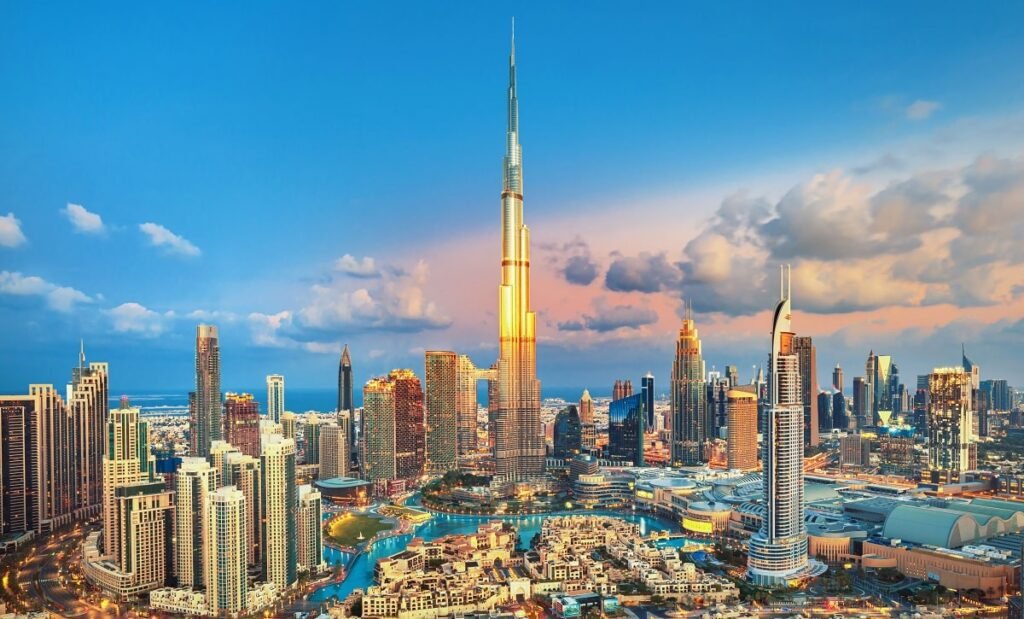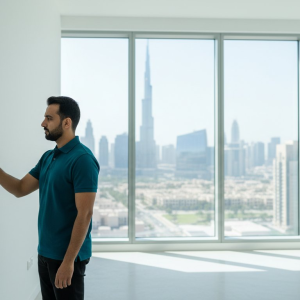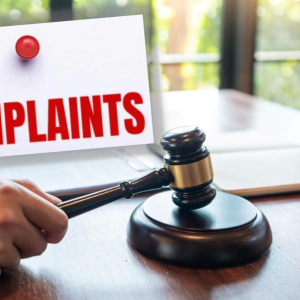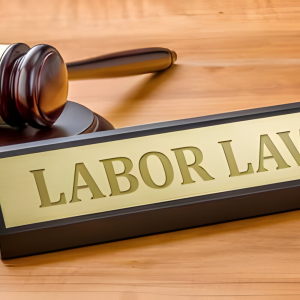The Power of Language in a Multicultural City
Dubai is one of the world’s most cosmopolitan cities, where dozens of languages echo through malls, offices, and bustling streets. Yet amidst this melting pot of cultures, Arabic still holds a deep emotional resonance. Even though English is widely spoken and understood, there’s something about hearing a few words in Arabic that lights up faces and softens interactions.
It’s not about fluency. It’s about effort—and respect.
In a place where locals, expats, and tourists intermingle daily, speaking even basic Arabic can instantly elevate your interactions. Whether you’re at a coffee shop, negotiating with a taxi driver, or shopping in a souk, slipping in a “shukran” (thank you) or “marhaba” (hello) can make all the difference.

A Simple Greeting Can Shift the Mood
Let’s say you walk into a restaurant. The staff greet you with a smile. But instead of simply replying in English, you say, “Salam alaikum.” Watch their expression. That subtle shift—from formal courtesy to genuine warmth—is the kind of magic a few Arabic words can trigger.
Many service workers, even if not Emirati themselves, are familiar with Arabic as part of their work culture. Hearing it from you shows that you’re not just passing through—you care enough to connect.

It tells them: “I see you. I respect your world.” And that makes people want to go the extra mile for you.
Building Instant Rapport
Ever had trouble getting the attention of a taxi driver during rush hour? Or wanted a little more patience from a bank staff member while sorting out paperwork? Often, it’s not what you say—it’s how you say it.
Adding a sprinkle of Arabic into your conversation doesn’t just make you more likable. It also makes you more memorable.
A quick “Yalla, let’s go!” in a taxi. A cheerful “Mafi mushkila” (no problem) at a delay. These phrases can create instant rapport, smoothen stressful moments, and add a layer of friendliness to an otherwise mechanical transaction.
It’s human nature—people are kinder to those who make an effort.
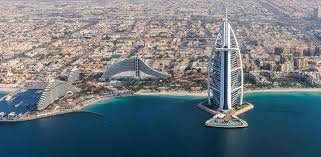
For the Locals, It Hits Differently
For Emiratis and Arab expats alike, hearing their mother tongue from a non-native speaker is often a source of joy. It reminds them that their language still has relevance, even in a city that leans heavily on English.
Many locals have grown up bilingual, but there’s an undeniable pride in their roots. So when a tourist or an expat orders their coffee in Arabic or wishes them a good evening in their own language, it hits a soft spot.
They’re not just serving a customer. They’re connecting with a person. And that changes the energy of the exchange entirely.
The Feel-Good Factor
Speaking Arabic in Dubai isn’t just about getting better service—it’s about how you’ll feel, too.
It can turn a simple coffee run into a heartwarming encounter. It can transform a dull grocery store trip into a lesson in culture and laughter. And most importantly, it builds confidence. You stop feeling like a stranger in a foreign place. You start to feel like you belong.
You’ll find yourself smiling more, receiving more smiles, and leaving places with a little more joy than you walked in with.
You Don’t Need to Be Fluent
One of the biggest misconceptions is that you need to master Arabic to use it. Not true.
You only need a handful of phrases to start reaping the benefits. Try these:
- Marhaba – Hello
- Shukran – Thank you
- Afwan – You’re welcome
- Min fadlak / Min fadlik – Please (to a man/woman)
- Kam? – How much?
- La / Na’am – No / Yes
- Yalla – Let’s go / hurry up
- Inshallah – God willing
- Habibi / Habibti – Dear / darling (informal but very endearing)
These are words you’ll hear dozens of times a day in Dubai. Repeating them back isn’t just practical—it’s powerful.
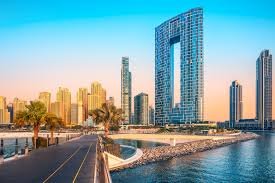
Real-Life Stories: When Words Worked Wonders
Take Marcus, a British expat who moved to Dubai for work. He admits his first few months were rocky, especially when it came to customer service. “I felt like I was always being served last,” he says. “But then I started greeting staff with ‘Sabah al-khair’ (good morning). Everything changed. People started recognising me. I got better tables at restaurants. And honestly, I felt more welcomed.”
Or consider Ayesha, a Sri Lankan expat who picked up Arabic through short YouTube videos. “I used to struggle getting good deals at the souks,” she laughs. “Now, with just a ‘Kam haadha?’ and a smile, I get friendlier prices—and way more compliments!”
It’s not about manipulation. It’s about mutual appreciation. And people always respond to kindness when it’s genuine.
Service Workers Appreciate It More Than You Know
Dubai’s service industry runs on the strength of its multinational staff—many of whom speak multiple languages just to make life easier for others. So when they hear someone making an effort to connect in their region’s dominant tongue, it stands out.
For many of them, Arabic may not be their native language either, but it’s the working language of the city. Hearing it from a guest or a customer sparks mutual respect. It bridges the gap between “you” and “them,” and brings in the powerful “we.”
It’s About More Than Words—It’s About Culture
Using Arabic isn’t just a linguistic choice—it’s a cultural gesture. It shows that you are present, respectful, and open to understanding the world around you. And that kind of attitude is rare, and deeply appreciated.
You begin to notice other things too. The warmth in people’s voices. The way greetings carry genuine meaning. The way conversations shift from transactional to personal.
In a city that’s often labelled as fast, flashy, and transactional, these tiny human moments are what stay with you.
Start Small, See Big Results
Learning Arabic may sound intimidating, but remember—you don’t need to enroll in a full-time language course. A few minutes a day on an app. A chat with a local friend. A note on your phone with five key phrases.
That’s all it takes to start.
And once you see how positively people react, it becomes addictive. Suddenly, learning more isn’t a chore—it’s a joy.
You’ll find yourself picking up new phrases, asking questions, and diving deeper into the rhythm of the city.
Because now, Dubai isn’t just a place you live in. It’s a place you connect with.
Dubai Rewards Effort—and It Shows
At its core, Dubai is a city that rewards those who try. From entrepreneurs to artists to service staff, effort is the invisible currency here. And language is one of the simplest, most impactful ways to show yours.
Want better service? Friendlier conversations? Warmer smiles?
Start with a simple “Shukran.”
You’ll be amazed at what doors it opens.
Do follow UAE Stories on Instagram
Essential Arabic Expressions You’ll Love Hearing Daily in the UAE

